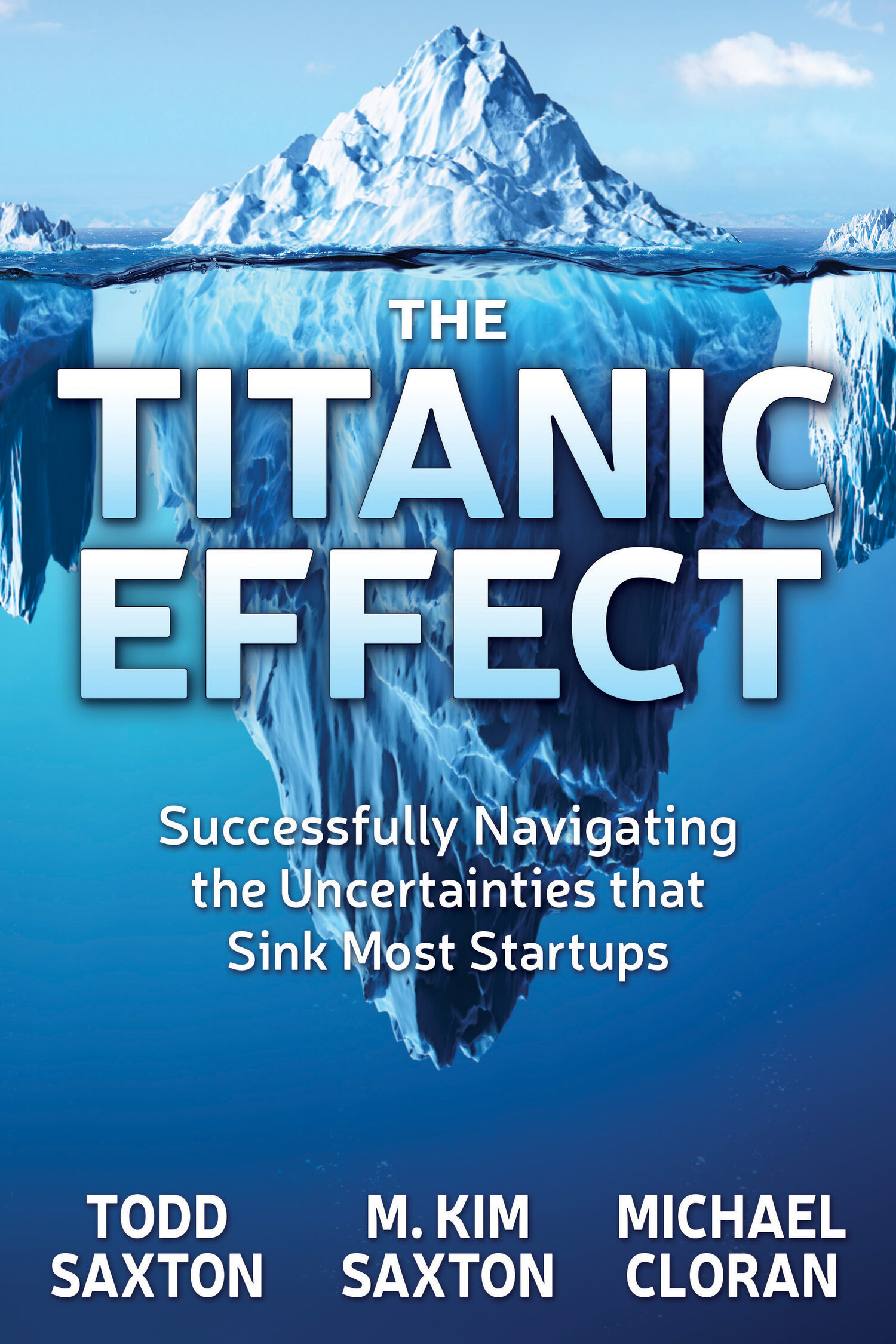Many of us are familiar with some version of this phrase that we’ve quoted from Pippin, The Musical. The idea is that if one is born lucky, they can acquire “smartness” through effort, over time. If one is born smart, that’s great—but you may never acquire luck. Of course, if you were born NFL Colts quarterback Andrew Luck, arguably you have the best of both worlds.
There is some bit of luck in avoiding hidden debts. Missing icebergs (or “debtbergs”) is not just about navigation. Luck, fortune, and icebergs are inextricably linked. We thought we would devote this blog to a richer exploration of luck in the entrepreneurial world.
Fortunately for us, author James H. Austin’s book, Chase, Chance and Creativity: The Lucky Art Of Novelty, helps lay out four different types of luck or chance. Marc Andreessen of VC firm Andreessen Horowitz helps further connect luck to entrepreneurship in a series of blogs, including this one. The four types of luck include:
Blind Luck: What you might think of as random chance luck, like winning the lottery or a raffle.
Motion Luck: Simply being out and active in the world increases the chances of serendipitous exchange. This might be summed up by the phrase “Activity begets Opportunity.” (After unsuccessfully searching for a source, I will claim this pithy phrase for myself!)
Receptivity Luck: Being open-minded and aware, or “mindful,” makes you a better receptor for the moment when opportunity strikes. This also interacts with your personal background and experiences. A unique individual might be the necessary receptor for a specific opportunity, but she has to recognize that opportunity. Louis Pasteur sums up this one with his quote “chance favors the prepared mind” (one of our favorites).
Personal Behavior Luck: The activities you engage, people you meet, and things you explore also create opportunity. Rather than simple action (#2) or mindset (#3), this luck is a function of your unique actions.
So what does this have to do with icebergs and The Titanic Effect? Successful startups are rarely a function of blind luck. A founder must have some combination of mindset and personal activity to launch and move a startup forward. But missing some icebergs like inequitable equity (Human Ocean), the customer value void (Marketing Ocean), or false hopes (Technical Ocean) can simply be due to random chance and blind luck. If you prefer blind luck as your primary source of fortune, though, you might consider games of risk instead of forays of uncertainty.
Motion luck is the most dangerous in terms of navigation and “debtbergs.” Yes, activity is good—but undirected and random activity in the early stages of a startup can create “debtbergs” in the form of poor prioritization (Marketing Ocean), shortsighted scoping (Technical Ocean), and elusive expectations of behavior (Human Ocean). In the spirit of the lean startup, entrepreneurs have taken to pivoting endlessly. But pivoting without thoughtful experimentation and a plan can create massive hidden debts. We sometimes call founders that pursue this type of random activity “pinball entrepreneurs.” Random energy can create things, but they are often combustible.
A thoughtful entrepreneur can benefit from both of the last two types of luck. Through a combination of mindset and directed activity, the prepared mind can be in the right place at the right time to benefit from receptivity and personal behavior luck. In The Titanic Effect, we call this the PEP model for Passion, Experience, and Perseverance. Successful founders benefit from the combination of mindset and enthusiasm for the problem your startup solves (passion), coupled with your own background which takes advantage of personal behavior luck (experience), and dogged persistence and effort (perseverance).
Successful launch and growth comes from a lot of different activities, including successfully navigating around the “debtbergs” that can sink your startup. But different kinds of luck certainly play a role. We hope this blog, and others in our series, help enable you to be both lucky and smart. May the odds be ever in your favor!


